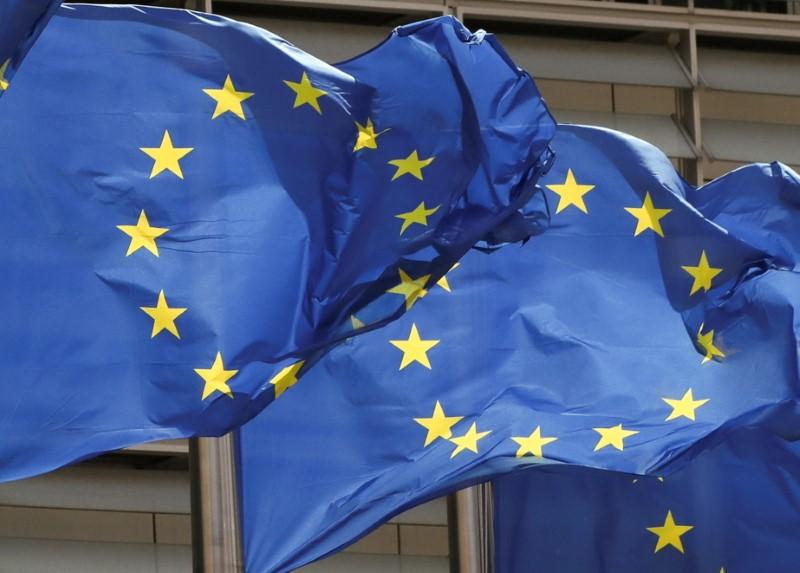Commentary
The failure to build democracy in Afghanistan, and the resulting withdrawal of U.S. forces, is causing concern in Europe about how much the continent can rely on its long-time ally, the United States.

The failure to build democracy in Afghanistan, and the resulting withdrawal of U.S. forces, is causing concern in Europe about how much the continent can rely on its long-time ally, the United States.